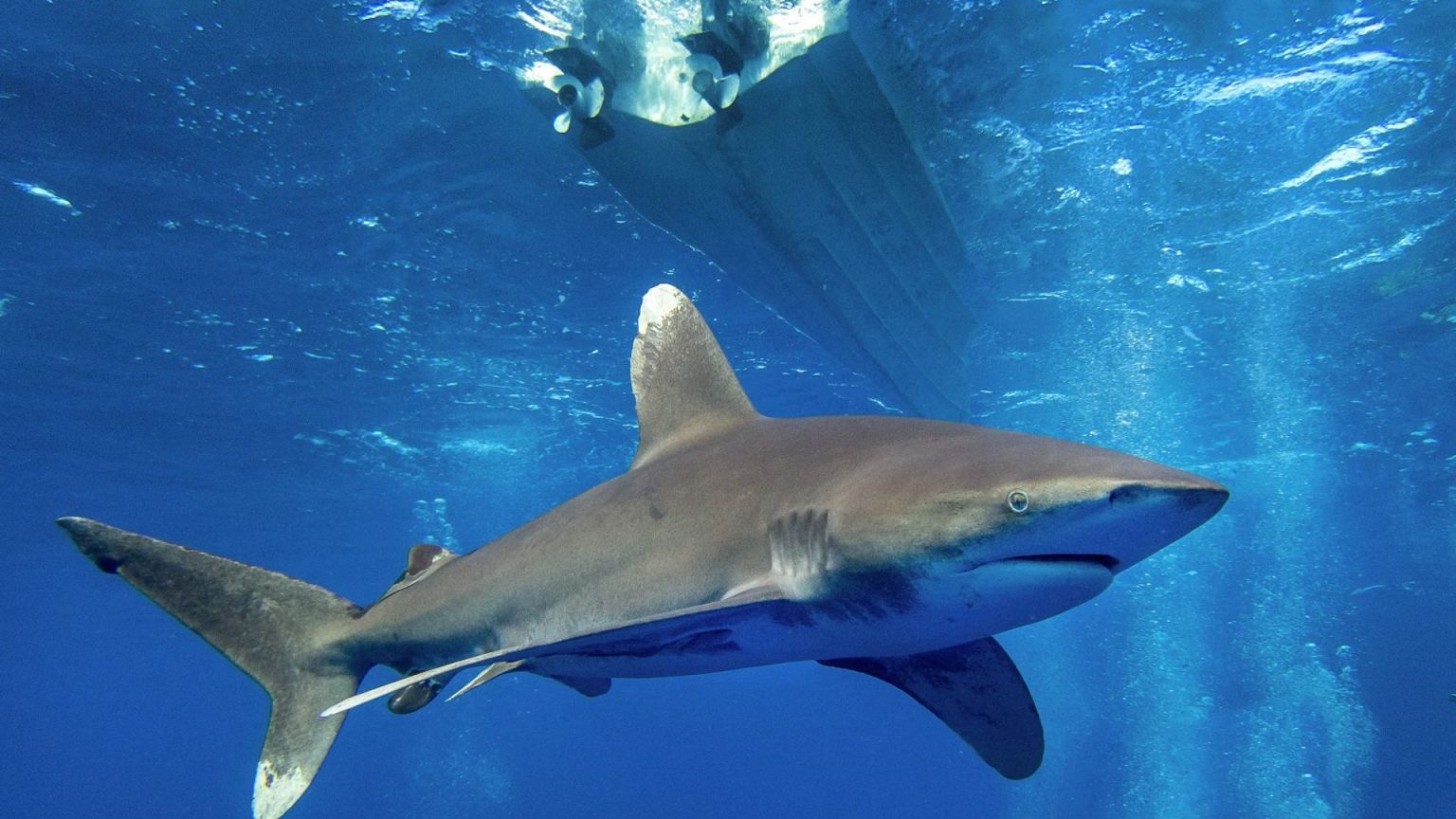The Red Sea resort town of Marsa Alam, Egypt, was the site of a tragic shark attack on Sunday, resulting in the death of one tourist and injuries to another. While Egyptian authorities have not officially released the nationalities of the victims, Italian media outlets have reported that both individuals were Italian men. The attack occurred in deep waters outside the designated swimming area, highlighting the inherent risks associated with venturing into open ocean environments. Following the incident, Egyptian authorities closed the area surrounding the attack site to both visitors and locals for two days, a precautionary measure to ensure safety and facilitate investigations. The injured tourist was transported to a hospital in Port Ghalib, located approximately 30 miles north of Marsa Alam. This incident underscores the delicate balance between tourism and the preservation of natural habitats, particularly in regions known for diverse marine life.
The Red Sea, renowned for its vibrant coral reefs, abundant marine life, and pristine beaches, has unfortunately witnessed previous shark attacks, including a fatal incident in June 2023. In that instance, a 23-year-old Russian tourist, Vladimir Popov, was tragically killed by a tiger shark in Hurghada, another popular Red Sea resort town located north of Marsa Alam. Popov’s father witnessed the horrific event unfold from the shore, a stark reminder of the unpredictable nature of wildlife encounters. These incidents underscore the importance of adhering to safety guidelines and respecting the natural environment when engaging in water activities in areas known for shark populations.
The recent shark attack in Marsa Alam comes just weeks after a separate maritime tragedy in the region, where a tourist boat capsized, resulting in the deaths of four individuals and leaving seven others missing. The boat, which was carrying tourists on a multi-day diving trip, encountered difficulties near the Sataya Reef. The surviving tourists were accommodated at a hotel in Marsa Alam following the harrowing incident. This series of unfortunate events casts a shadow over the Red Sea’s reputation as a safe and desirable tourist destination.
The frequency of these incidents raises questions about the effectiveness of current safety measures and the potential impact of human activity on shark behavior. Factors such as overfishing, climate change, and increased tourism can disrupt marine ecosystems and potentially influence shark movements, increasing the likelihood of encounters with humans. Experts suggest that responsible tourism practices, including adhering to designated swimming areas, avoiding feeding sharks, and respecting their natural habitat, are crucial for minimizing risks and ensuring the long-term sustainability of these valuable ecosystems.
The Egyptian authorities’ decision to close the area around the attack site reflects a commitment to public safety and allows for a thorough investigation into the circumstances surrounding the incident. Such investigations can provide valuable insights into shark behavior and inform strategies for mitigating future risks. The information gathered can also contribute to educational initiatives aimed at raising awareness among tourists and local communities about responsible interactions with marine wildlife. The ongoing monitoring of shark activity and the implementation of effective safety protocols are essential for maintaining a balance between tourism and environmental conservation in the Red Sea region.
The tragic events in Marsa Alam serve as a sobering reminder of the potential dangers associated with venturing into the natural world. While encounters with wildlife can be awe-inspiring and enriching, it is crucial to prioritize safety and respect the boundaries of these animals’ natural habitats. Responsible tourism practices, informed by scientific understanding and a commitment to conservation, are essential for ensuring the long-term health of marine ecosystems and the safety of those who choose to explore them. These incidents highlight the need for ongoing dialogue and collaboration between tourism operators, local communities, and conservation organizations to develop sustainable strategies for mitigating risks and protecting both human life and the natural environment.










